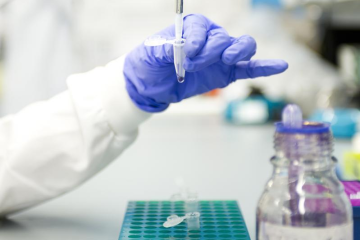Partnerships and impact awards
Integrated training and data sharing to accelerate adoption of 3Rs technology in trypanosome infection research

At a glance
In progress
Award date
August 2025 - July 2027
Grant amount
£183,989
Principal investigator
Dr Catarina Gadelha
Co-investigator(s)
Institute
University of Nottingham
R
- Reduction
